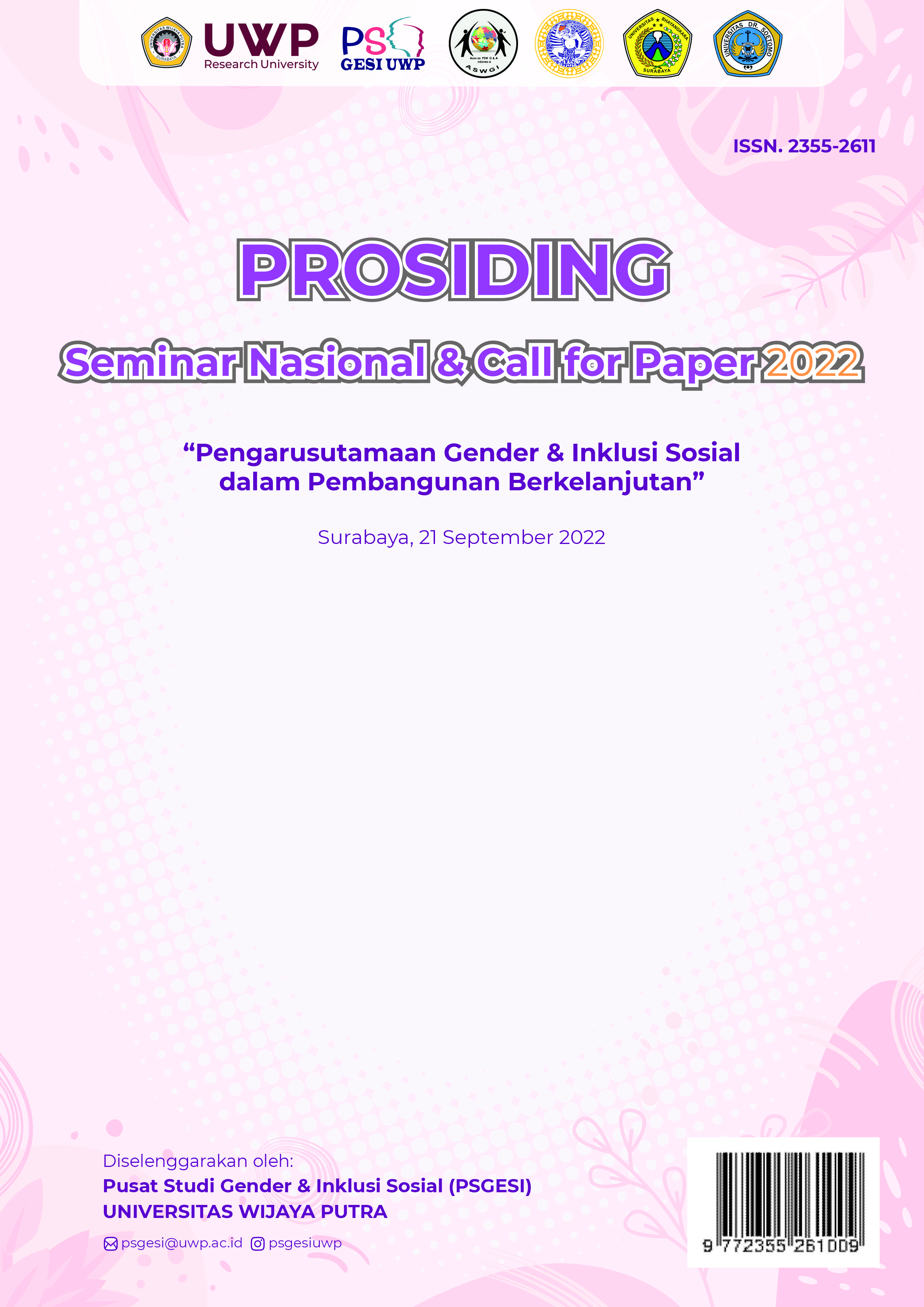KECERDASAN EMOSIONAL (EQ) SISWA SMK WIJAYA PUTRA SURABAYA DITINJAU DARI POLA ASUH ORANG TUA
DOI:
https://doi.org/10.38156/gesi.v9i01.161Kata Kunci:
Emotional intelligence, Parenting patterns, SMK studentsAbstrak
Emotional intelligence in question is the individual's ability to know the causes of the emergence of emotions and control the feelings of oneself and others, as well as how individuals establish good relationships with the surrounding environment. Emotional intelligence cannot be separated from family factors. Of course, in a family applying certain parenting styles in educating their children. There are three types of parenting styles, namely: authoritarian, democratic, and permissive. The purpose of this study was to determine whether there are differences in emotional intelligence (EQ) of students at SMK Wijaya Putra Surabaya in terms of parenting. The scale of emotional intelligence used in this study was adapted by Rahmatullah (2020). While the scale of parenting used in this study was adapted by Rachmansyah (2017). Data collection techniques in the form of a questionnaire, namely emotional intelligence consisting of 54 items and parenting patterns consisting of 48 items using incidental sampling. The research method used is descriptive quantitative. The results showed that there was a significant difference in emotional intelligence among students of SMK Wijaya Putra Surabaya with a significance value of 0.001 <0.05. The conclusion obtained from this study is that there are differences between students' emotional intelligence based on parenting patterns.


